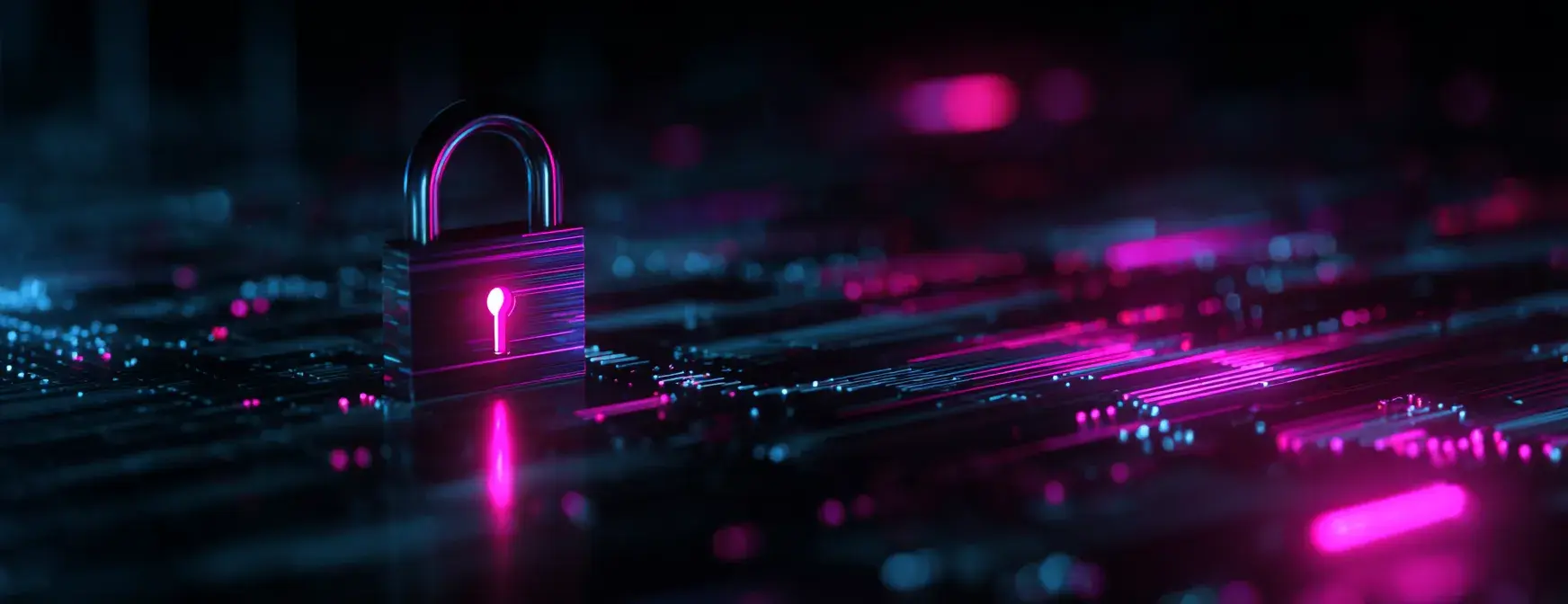Artificial General Intelligence (AGI) and the Future of Cybersecurity
by TK Keanini on May 6, 2025 7:45:00 AM
Artificial intelligence (AI) is making rapid progress in areas once thought uniquely human. AI's role in the arts raises questions around authorship and copyright, while AI-based companions offer empathetic connections that impact mental health and trust.
This “better-than-human” ability in creativity and empathetic connections introduces novel cybersecurity threats by exploiting human emotions and reasoning in unprecedented ways.
Many are now describing this technology as Artificial General Intelligence (AGI). AGI refers to an AI system capable of performing intellectual tasks that humans can do and adapting to new situations seamlessly.
Discussions around AGI often explore its potential to redefine humanity's role in the future. On that note, I want to explore the impact AGI might have on how we go about securing systems when machines perform as well as humans in the areas of creativity and empathy.
The Surprising Cultural Impact of AI: Creativity, Empathy, and Cybersecurity
When we consider technological innovations that have had an outsized impact on popular culture, artificial intelligence is an obvious answer. However, its most surprising effects emerge in areas where we have long assumed human superiority—creativity and emotional intelligence.
AI and the Creative Process
Traditionally, creativity has been considered uniquely human—an intangible spark of originality that separates us from machines. Yet, we now read stories, listen to music, and watch films where AI plays a fundamental role in the creative process. As AI-generated content becomes more sophisticated, it forces us to reconsider long-standing ideas of authorship and intellectual property.
Who owns a creative work when both human and machine contribute?
How do we redefine originality when AI can generate music that moves us, scripts that captivate us, and designs that push boundaries?
This shift has profound implications for copyright law, artistic expression, and even our perception of human ingenuity.
AI, Emotional Intelligence, and Companionship
Beyond creativity, AI is making rapid progress in areas once thought exclusive to humanity: Emotional intelligence and empathy.
Companies like Sesame are pioneering AI-driven companionship, creating digital entities that can engage in emotionally resonant conversations. Speaking with AI companions like Maya or Miles is unexpectedly compelling; they don’t just simulate conversation, they simulate connection. This advancement suggests that AI may soon rival, or even surpass, human capabilities in providing emotional support.
The implications are enormous—not only for mental health, elder care, and customer service, but also for how we define trust and emotional bonds in a digital age.
The Cybersecurity Implications of AI's Evolution
While AI-driven creativity and empathy might seem distinct from cybersecurity, they are deeply intertwined. As I’ve said before,“Cybersecurity is not about cryptographic methods, hackers, and firewalls, it is a contest of innovation.”
This continuous battle between attackers and defenders is now being shaped by AI in unprecedented ways. As AI becomes more adept at creative deception and emotional manipulation, the attack surface expands.
Deepfakes have already demonstrated AI’s ability to deceive human senses; AI-driven emotional intelligence takes this a step further by exploiting trust itself. When AI companions become indistinguishable from trusted advisors, the potential for social engineering attacks escalates. Attackers could use AI to gain confidence, extract sensitive information, or manipulate behavior in ways previously unimaginable.
The defenders who recognize and counteract these evolving tactics will be the ones who prevail.
The Cultural Shift and the Next Security Frontier
AI’s impact on creativity and empathy is not just technological—it’s cultural. It challenges our definitions of art, authorship, trust, and even human connection. But as AI integrates more deeply into these aspects of our lives, it also transforms cybersecurity. The next generation of attacks won’t just exploit software vulnerabilities; they’ll exploit human psychology at scale.
AGI does not pick sides, and we will likely see both attackers and defenders race to incorporate and scale their techniques, tactics, and procedures. Advanced forms of AI will fool the best of us, and only AI defenses will be able to detect authenticity.
The bottom line is that if the attackers level up with AI, defenders will need to follow suit or be at a severe disadvantage. As AI continues to reshape industries, the real challenge will be ensuring that our defenses evolve as quickly as our innovations.
 6 Security-Focused New Year’s Resolutions for 2026
6 Security-Focused New Year’s Resolutions for 2026
The start of a new year is the perfect time to reset habits—not just personal ones, but digital habits too. Cybercriminals don’t need zero-days or nation-state tooling if we keep handing them easy wins through reused passwords, oversharing, and rushed reactions.
 Inside Business Email Compromise Scams: How to Protect Your Business
Inside Business Email Compromise Scams: How to Protect Your Business
The Scam That Outsmarts Awareness Training
It starts with a routine email.



